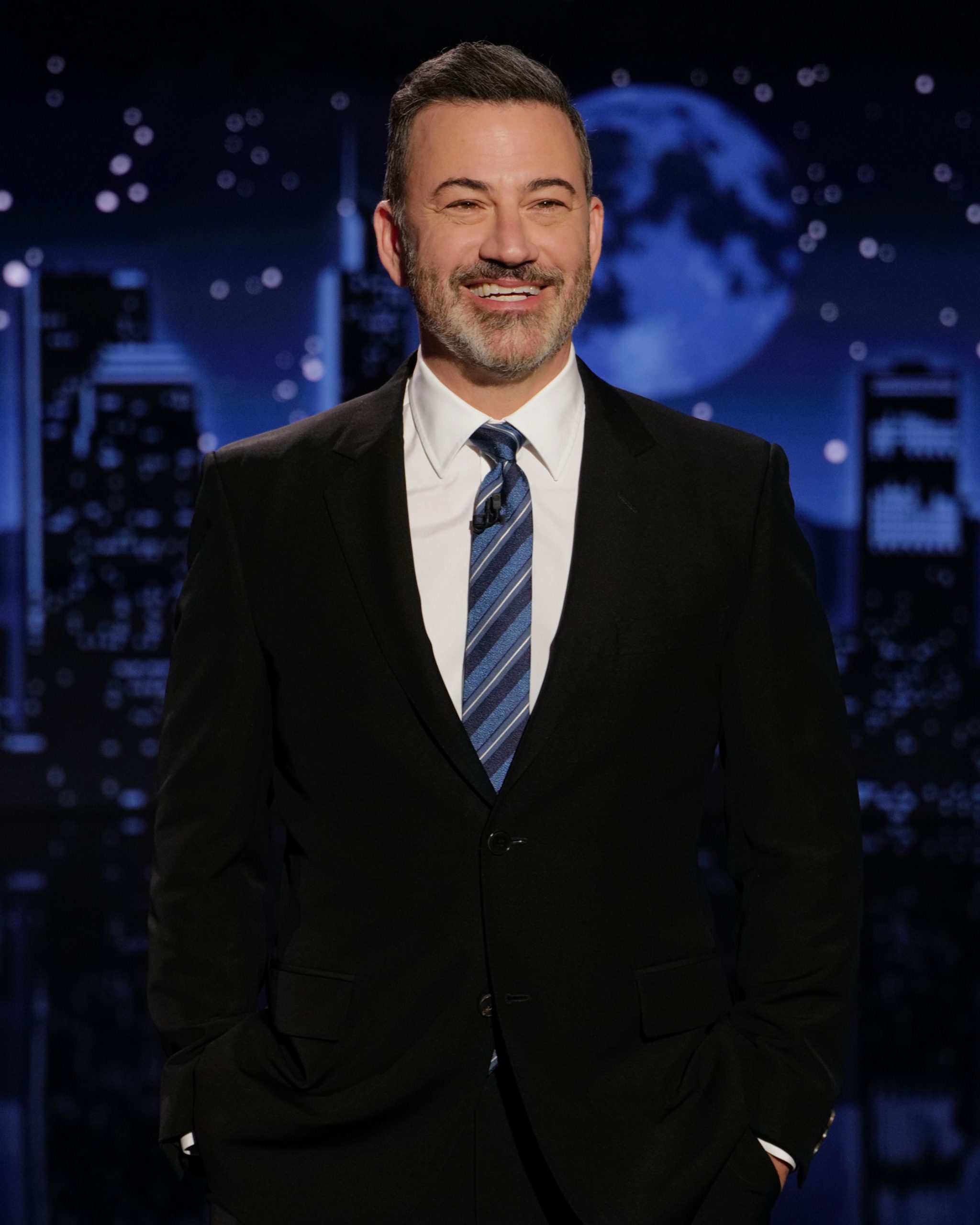Kimmel’s Removal: A Chilling Sign of Censorship?
The recent silencing of late-night comedian Jimmy Kimmel has ignited a firestorm of debate regarding censorship and the abuse of power. While the exact details remain somewhat murky, the narrative circulating points to the Trump administration wielding regulatory pressure on Kimmel’s employer, forcing the comedian off the air. This incident, far from an isolated event, represents a troubling escalation in the administration’s attempts to suppress dissenting voices.
Weaponizing Regulatory Power: A Dangerous Precedent
The alleged tactic employed—using the federal government’s regulatory authority to target a media personality—is a stark departure from established norms of free speech. It mirrors strategies used by authoritarian regimes globally, leveraging bureaucratic power to silence critics without overt acts of repression. The implication is far-reaching: if the government can silence a prominent comedian through indirect pressure, what limits remain on their ability to target other forms of dissent? The claim that Kimmel’s monologue contained “ill-advised speculation” is being used to justify the actions, but many see this as a thin veil for political retribution.
Context and Comparison: A Pattern of Suppression?
This incident is not occurring in a vacuum. Prior instances of alleged censorship under the Trump administration, such as the reported targeting of individuals expressing pro-Palestine views, highlight a pattern of behavior. These past events, while concerning, pale in comparison to the direct silencing of a major media figure. The removal of Kimmel, a high-profile figure reaching millions, represents a significant escalation in the perceived attack on free speech. The potential chilling effect on other comedians and media personalities is undeniable. The question arises: how will other late-night hosts navigate this new landscape of implicit threat? Will self-censorship become the norm, leading to a homogenization of political discourse?
The Road Ahead: Implications for American Democracy
The alleged silencing of Jimmy Kimmel raises profound questions about the future of free speech in the United States. It serves as a potent reminder of the fragility of democratic institutions and the constant vigilance required to protect fundamental rights. The incident demands a thorough investigation into the specifics of the administration’s actions, not merely to determine the legality but also to assess the long-term implications for the free exchange of ideas in a democratic society. The silence of Kimmel, if indeed orchestrated through government pressure, serves as a chilling warning of the potential for the erosion of free speech and the chilling effect it could have on other forms of media.
SOURCE INFORMATION:
TITLE: Let’s be clear about what happened to Jimmy Kimmel
DESCRIPTION: Let’s be clear about what just happened: Jimmy Kimmel, a prominent late-night comedian, was just taken off the airwaves because the Trump administration didn’t like what he had to say — and threatened his employer until they shut him up. The Trump administration, it appears, has learned to effectively weaponize the regulatory powers of the federal […]
CONTENT: Let’s be clear about what just happened: Jimmy Kimmel, a prominent late-night comedian, was just taken off the airwaves because the Trump administration didn’t like what he had to say — and threatened his employer until they shut him up. The Trump administration, it appears, has learned to effectively weaponize the regulatory powers of the federal government to punish speech it doesn’t like from people it doesn’t like. This is a favored weapon of modern autocrats; its deployment against Kimmel is a qualitative escalation even above the administration’s previous acts of censorship (like targeting the author of a pro-Palestine op-ed for deportation). What just happened, in short, shows how far down the authoritarian road the United States has traveled in just eight months. Jimmy Kimmel and the abuse of state powers Kimmel’s downfall began with some admittedly ill-advised speculation in Monday’s monologue: “We hit some new lows over the weekend with the M
SOURCE: Vox
Based on materials: Vox





